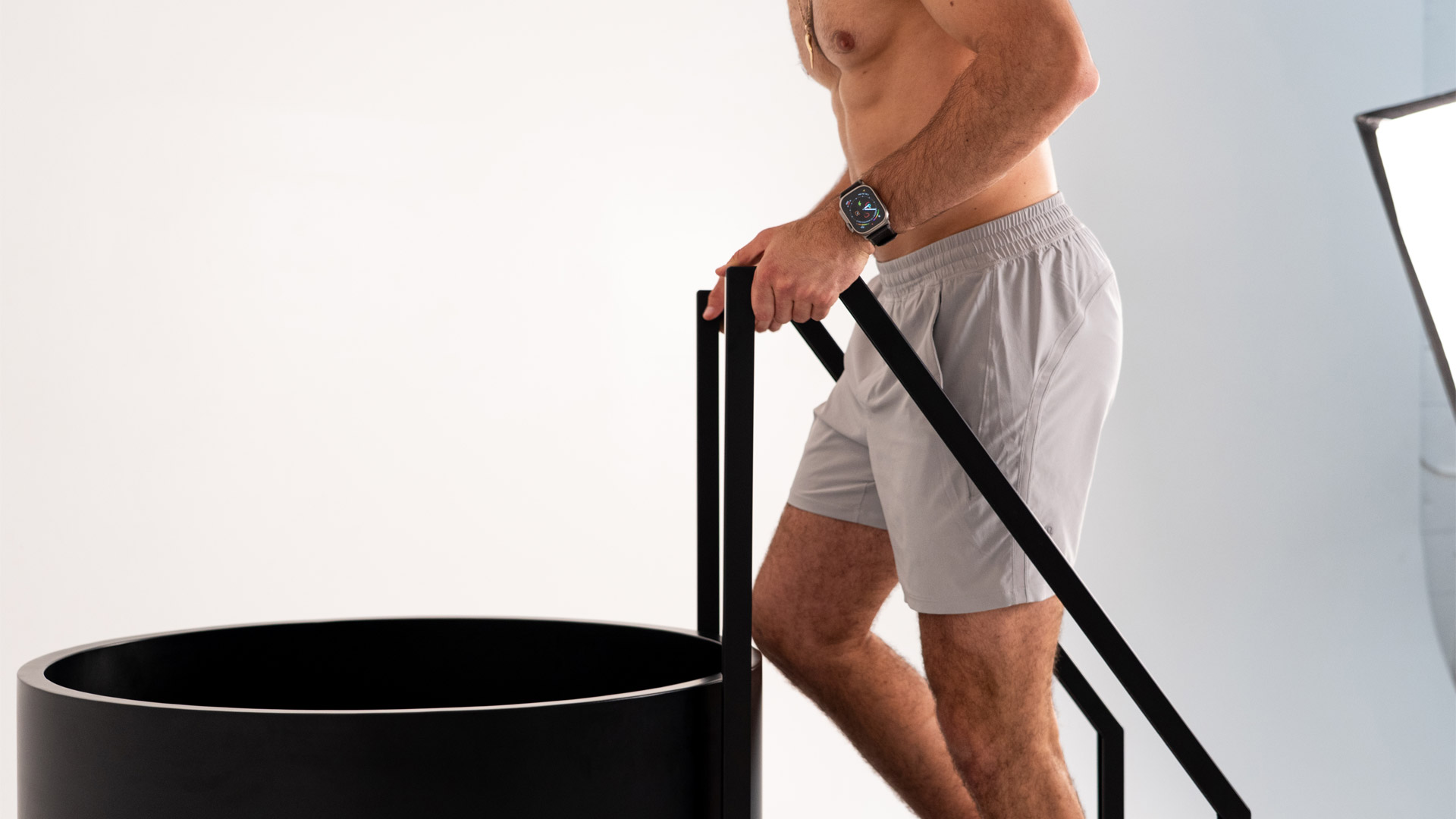All Categories

Physical activity and mental well-being are deeply connected, and your guidance can play a big role in helping your clients feel stronger, both physically and mentally. Whether they’re looking to build resilience, manage burnout, or stay focused, weaving the mind-body connection into their routines can make all the difference.
Find out how you can help your clients grow through fitness while supporting their mental health.
For many, regular workouts can serve as a natural pick-me-up, reducing stress and anxiety while improving mood. Encourage your clients to focus on process-oriented goals, like committing to a 15-minute walk or a gentle yoga class, to experience consistent mental health routines that truly work.
Physical activity releases endorphins, boosting emotional well-being and lowering cortisol levels. If your clients feel overwhelmed or disengaged, these “feel-good hormones” can reignite their motivation and improve their outlook on life. The goal isn’t perfection but regularity. Even small wins can build resilience by fostering a sense of control and stability.
Mental resilience is the ability to adapt to challenges and recover from setbacks. For your older clients, this skill becomes especially important as they navigate physical and emotional transitions.
Self-efficacy—the belief in their ability to achieve goals—is important in building mental resilience. Highlight the small victories they achieve during training, like completing a new exercise or improving their stamina. These moments build confidence and reinforce the mindset that they can handle life’s challenges.
Your clients may face various obstacles to regular exercise into mental resilience, from physical limitations to mental fatigue. Addressing these challenges with empathy and actionable strategies is what matters most.
Suggest breaking workouts into manageable sessions or incorporating activities they enjoy. Motivate them to reframe setbacks, viewing them as temporary rather than insurmountable. Simple practices like these can help sustain their mental health routines and support their resilience.
Group fitness classes, walking clubs, or even virtual workout sessions provide accountability and emotional connection. These interactions remind them that they’re not alone in their journey, which can be deeply motivating. Give them opportunities for social engagement through shared activities, and encourage them to connect with others who share similar goals and challenges.
Gratitude practices, like reflecting on progress or appreciating small wins, can improve your clients’ mindset. Visualization techniques can also play a role: ask your clients to imagine successfully completing a challenging task, reinforcing their belief in their abilities..
The connection between physical activity and mental health toughness is undeniable. When clients engage in regular exercise, they’re training their brains to handle stress more effectively.
Controlled physical stress, like lifting weights or holding a yoga pose, teaches their bodies and minds how to recover and adapt. This skill transfers to other areas of life, helping them manage burnout and stay focused during tough times.
As a coach, you can guide your clients toward practical actions that build resilience.
By integrating fitness into mental health routines, you’re giving your clients the necessary tools to build resilience, manage stress, and maintain focus. As they develop these habits, they’ll find that exercise is more than a physical activity; it’s a pathway to mental strength and well-being. Your role as a coach is to support them with patience, empathy, and strategies that allow them to thrive, no matter the challenges they face, even if it’s all in their head.
About Robert James Rivera
Robert is a full-time freelance writer and editor specializing in the health niche and its ever-expanding sub-niches. As a food and nutrition scientist, he knows where to find the resources necessary to verify health claims.
Powering the Business of Health, Fitness, and Wellness Coaching

By Elisa Edelstein

By Jessica Maurer

By Robert James Rivera

By Robert James Rivera

By Elisa Edelstein

By Elisa Edelstein

Powering the Business of Health, Fitness, and Wellness Coaching
